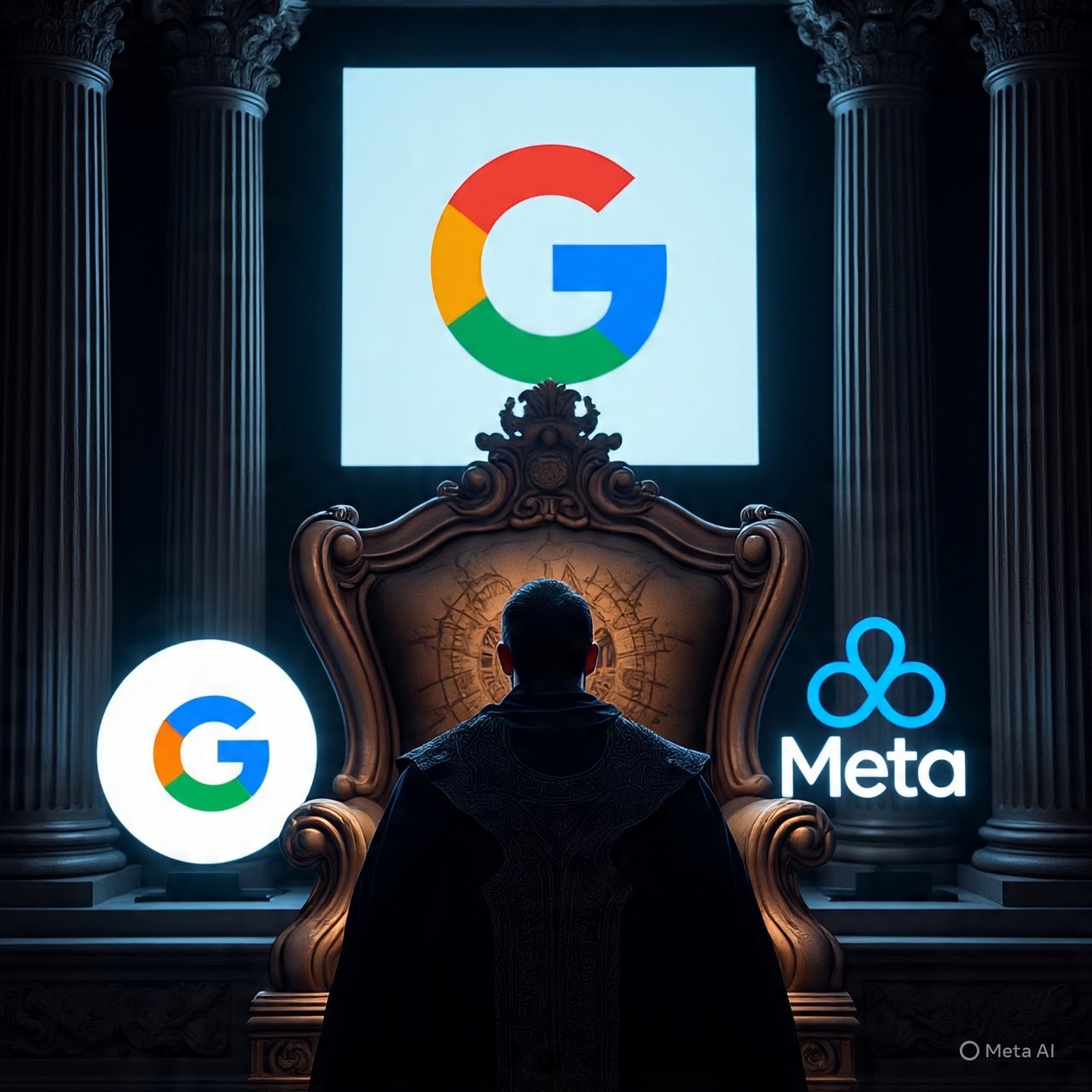
The Enforcement Directorate (ED) has summoned representatives of Google and Meta as part of an expanding probe into illegal online betting networks, bringing Silicon Valley’s tech giants under the scanner of Indian regulators. The agency is investigating how banned gambling platforms continue to flourish through surrogate advertising, influencer promotion, and a sophisticated game of digital disguise, all in potential violation of Indian laws on money laundering and foreign exchange.
According to sources, executives from both companies have been directed to appear before investigators on July 21 and 22. The ED, acting under the Prevention of Money Laundering Act (PMLA), is probing how these platforms, officially banned in India, still reach millions of users via advertising hosted on social media and app ecosystems.
“This is not just about tech companies,” an ED officer said. “It is about an entire digital ecosystem that includes media houses, influencers, and advertisers, which has either ignored the law or profited from violating it.”
A Repeat Offender's Game
The core allegation is as familiar as it is troubling. Betting apps previously banned by Indian authorities have resurfaced under new names. They promote themselves as fantasy sports or quiz platforms, often advertised during cricket tournaments or celebrity webcasts. Despite the facade, officials say the underlying business remains illegal gambling.
According to the ED, advertisements for these platforms continue to appear on Meta-owned services like Facebook and Instagram and on Google’s YouTube and Android app listings. Even as the Union government issued multiple advisories in 2023 to halt such promotions, the content kept circulating, aided by algorithm-driven targeting.
Bollywood Meets Bookies
One of the most revealing angles of the investigation is the role of celebrity endorsements. Officials say several high-profile actors, influencers, and sportspersons are under scrutiny for promoting these platforms. Some may be summoned for questioning in the coming weeks.
“These are not innocent ads. These endorsements lend legitimacy to illegal operations,” said ED officer. “These personalities have millions of followers. Their support helps betting apps bypass public suspicion and regulatory radar.”
The officers believe many of these celebrities were paid handsomely to promote what they may have known to be banned or dubious services. Some content was presented as personal opinion or entertainment, but investigators suspect otherwise.
The Scale of the Game
The ED estimates that nearly 220 million Indians are using or have used online betting apps. Of these, about 110 million are considered regular users. The platforms operate in violation of Indian laws, including tax evasion, money laundering, and the Foreign Exchange Management Act (FEMA). Funds are often routed out of India through covert networks, making enforcement especially difficult.
“These platforms are essentially money pipes to foreign entities. The illegal funds are moved across borders without any oversight. This is not just a question of gambling. It is a question of economic security,” ED officer added.
A Turning Point for Regulation
The summons issued to Google and Meta mark a critical inflection point. Indian regulators have long struggled to rein in digital content that violates domestic laws. Global tech companies have often taken the stand that they merely provide platforms and are not responsible for user-generated or advertiser content. However, with the ED now invoking money laundering and FEMA violations, the stakes are higher than ever.
India’s digital space is growing at a pace that outstrips regulation. But this investigation could set new precedents for accountability. Whether the tech firms cooperate or resist, one thing is clear. The Indian government is no longer treating illegal betting as a fringe issue.
With media channels, celebrities, tech companies, and foreign fund trails now under the scanner, the ED’s probe is not just a campaign against gambling. It is an assertion of regulatory authority in a digital world that has, until now, largely played by its own rules.





















